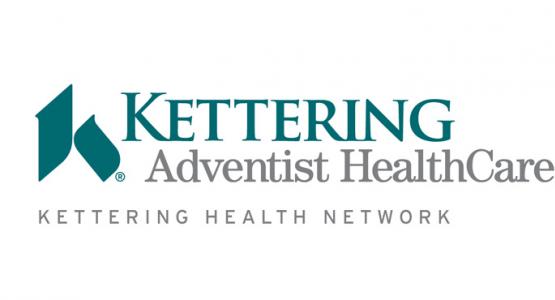
Kettering Adventist HealthCare Study Provides No-cost Tumor Sequencing to Patients With Advanced Cancers
Story by Elizabeth Long
Tumor genome sequencing is now available at Kettering Adventist HealthCare, based in Dayton, Ohio, for patients with an advanced form of the disease as part of a national, industry-sponsored study by Strata Oncology, a precision oncology company.
Kettering Adventist HealthCare is one of only eight sites in the country and the only one in Ohio to offer this unique tumor profiling and clinical trial to advanced cancer patients.
The trial is open to patients who are receiving care at Kettering Medical Center, Soin Medical Center or Fort Hamilton Hospital for advanced-stage or rare cancers, including all pancreatic and glioblastoma cancers, and late-stage solid tumors, lymphoma and lung cancers. Patients who participate in the Strata trial receive no-cost tumor sequencing and, in some cases, access to investigational therapies matched to the genomic profile of their tumor.
Enrollment began in Fall 2017 and on average, Kettering Adventist HealthCare is enrolling 50 patients per month in the Strata trial. Strata screens for 90 genomic mutations, and within two weeks, the oncologist receives a genomic profile that can drive treatment from the outset. Strata also provides a list of studies for which the patient may be eligible, and directs patients to additional resources that may provide access to studies elsewhere.
“Eventually, the Strata trial may help address a grave problem in cancer research, which is that nearly 80 percent of clinical trials fail to meet their enrollment timelines, and up to 50 percent of research sites enroll one or no patients in some trials,” says Malek Safa, MD, a medical oncologist who is the principal investigator for the Strata trial at Kettering Medical Center.
Kettering Health Network’s cancer program has been providing access to research studies for decades, and in recent years has developed partnerships with industry and cooperative groups to expand its offerings. “Even though we usually have as many as 100 open trials at any given time, it has been challenging to match patients with studies,” says Mary Connolly, PhD, network director of innovation, research and grants. “Last year, only about 300 of our more than 3,000 cancer patients enrolled in a study, but 80 percent of those studies were about quality of life or cancer prevention, rather than diagnostic, treatment or genetic profiling.”
Thomas Reid, MD, a gynecologic oncologist with Kettering Physician Network, says that studies like the one sponsored by Strata represent the future of cancer research. “Recent advances in technology have provided a feasible, scalable way to identify individual tumor profiles to customize therapy,” he says. “Someday, we will no longer talk about kidney, breast or lung cancer, but refer to cancers by their particular genetic or molecular defect and treat them accordingly with more precise targeted therapies.”
Kettering Adventist HealthCare is a not-for-profit network of eight hospitals, 10 emergency departments, and 120 outpatient facilities serving southwest Ohio. Kettering College, a division of Kettering Medical Center, is a fully accredited college that specializes in health science education. Kettering Health Network is recognized as one of the 2017 Truven Health Analytics 15 Top Health Systems in the United States. For more information, visit www.ketteringhealth.org.

Add new comment